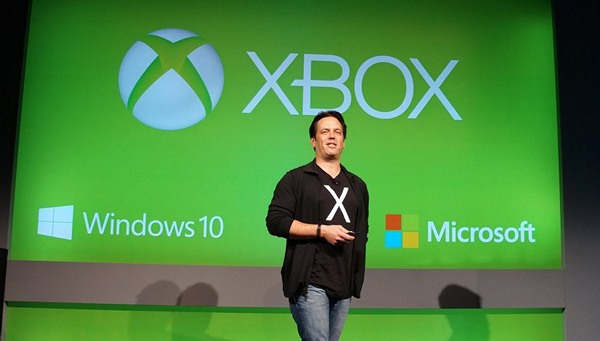In a strategic move reflecting the ever-shifting currents of digital entertainment, Microsoft has quietly ceased the sale and rental of movies and TV shows through its Xbox and Windows Store platforms. As of July 18, users can no longer acquire new video content directly from these storefronts, signaling a deliberate recalibration for the Redmond-based tech giant.
The Immediate Impact: What You Need to Know
For many digital consumers, the news might come as a mild surprise, or perhaps a confirmation of a trend already in motion. The key aspects of this decision are straightforward and warrant attention:
- No New Purchases: As of the specified date, the option to buy or rent films and television series has been removed from the Microsoft Movies & TV app and its associated storefronts on Xbox consoles and Windows devices. The digital aisles are now closed for new acquisitions.
- Existing Content Remains Accessible: Crucially, any movies or TV shows purchased prior to this change will still be available for viewing. Users can access their previously acquired digital rights through the Movies & TV app, preserving their library within Microsoft`s ecosystem.
- No Refunds Policy: In alignment with their established terms and conditions, Microsoft has stated that digital movie and TV content is not eligible for refunds. This policy, common across many digital marketplaces, underscores the unique nature of digital ownership.
- Alternative Platforms Recommended: Microsoft is pragmatically directing users towards other established digital content providers for future purchases and rentals. Prominently mentioned alternatives include Prime Video, Fandango at Home, and Apple TV, acknowledging the broader market ecosystem where content distribution thrives.
A Broader Strategic Context: Beyond Just Movies
While the immediate focus centers on entertainment content, this decision must be viewed within Microsoft`s larger, evolving corporate strategy. Over the past few years, the company has increasingly consolidated its efforts, particularly around its lucrative cloud services (Azure) and the ever-expanding Xbox gaming ecosystem, spearheaded by the highly successful Xbox Game Pass subscription service.
The Movies & TV app, originally launched in 2012 as Xbox Video, represented Microsoft`s earnest attempt to be a comprehensive entertainment hub. However, competing in the highly saturated and intensely competitive digital video sales market, dominated by behemoths like Amazon, Apple, and Google, has proven challenging. Profitability margins for reselling third-party content are often slim, and the overheads of maintaining a robust content library and infrastructure can be significant. It’s an interesting reversal: a company that once sought to be the digital living room now appears content to focus on its preferred corner – interactive gaming.
Recent headlines from Microsoft have underscored this strategic recalibration. Reports of significant layoffs, game cancellations, and even studio closures highlight a period of internal restructuring aimed at streamlining operations. Simultaneously, the company is forging ahead with ambitious plans for new Xbox hardware, including a recently announced partnership with AMD for next-generation console development. This paints a clear picture of a company refining its focus, doubling down on areas of clear strength and future growth potential, while divesting from less central, or less profitable, ventures.
The Fading Promise of Digital Ownership?
This move also reignites the perennial debate surrounding digital ownership versus access. In an era increasingly dominated by subscription services and ephemeral streaming, the concept of “buying” a digital movie or TV show has become abstract for many. Unlike physical media that can be resold or accessed without an internet connection (and a functioning player), digital purchases are inherently tied to platforms and their continued operational commitment.
Microsoft`s decision, while undoubtedly pragmatic for its business model, serves as another tangible reminder to consumers about the conditional nature of digital libraries. While existing purchases remain accessible, the reliance on a third-party service for playback and the absence of a refund option for a service no longer offering new content can be a subtle but potent reinforcement of who truly holds the keys to your digital vault. One might even muse that the phrase “digital ownership” sometimes feels more akin to “digital tenancy,” subject to the landlord`s ongoing goodwill.
Navigating the New Digital Landscape
For the average consumer, the immediate impact on content access is minimal, given the multitude of alternative platforms readily available. This ensures continued choice, but it also necessitates a more fragmented personal media library. Want to buy the latest blockbuster? You`ll likely head to Prime Video, Apple TV, or Fandango at Home, consolidating your purchases across various, distinct ecosystems. This decentralization of digital storefronts might lead to a more diversified but potentially less unified user experience.
Ultimately, Microsoft`s decision is a reflection of a mature and highly competitive digital content market. By strategically shedding a less profitable segment, the company frees up resources to invest more heavily in its core strengths – particularly gaming and cloud services – where it continues to innovate and lead. While some may lament the departure of yet another digital storefront, it is perhaps an inevitable step in the relentless and ongoing evolution of how we acquire and consume entertainment.

